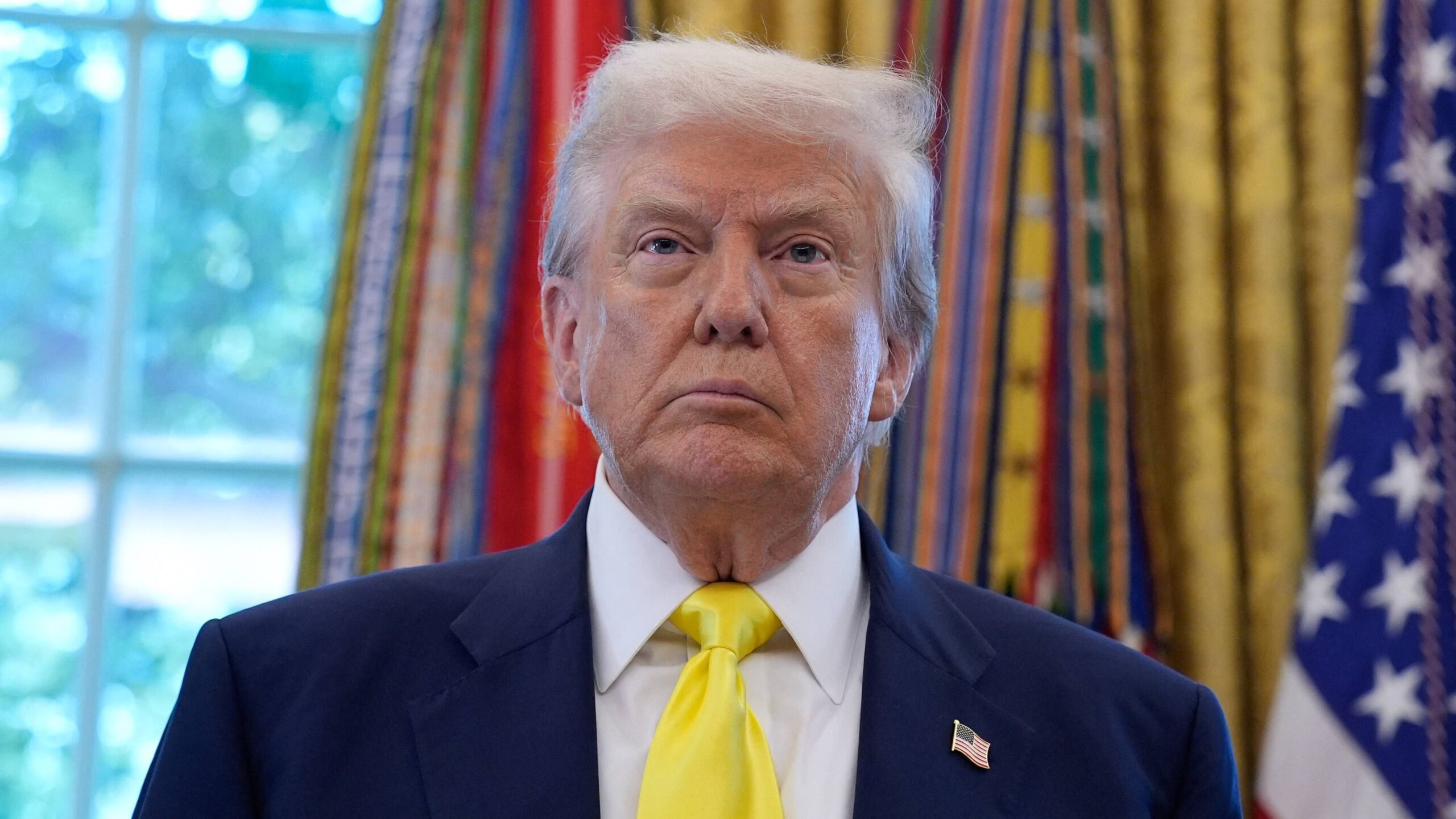
As tensions in Eastern Europe and the Middle East hit Cold War levels and inflation threatens a comeback in the U.S., President Donald Trump delivered an address to the UN General Assembly that offered no words of reassurance to America’s alarmed allies. Instead, he told them, “I’m really good at this stuff. Your countries are going to hell,” and dedicated much of his speech to what he appears to see as more important priorities. His address rambled well past time limits, leaving the red light on the podium futilely blinking.
Trump complained bitterly about an escalator at UN headquarters that stopped while he was on it and revived an old grievance that the world body had refused his offer to renovate its building. He recalled his old pitch, saying, “‘I’m going to give you marble floors; they’re going to give you terrazzo.'” He said the UN went in “another direction,” which was “much more expensive” and “produced a far inferior product.”
The Disjointed Speech and its Content
The address was filled with a variety of unusual remarks. Trump made a series of nonsensical arguments about climate change, saying, “We have a border, strong, and we have a shape, and that shape doesn’t just go straight up; that shape is amorphous when it comes to the atmosphere.” He also warned of a “bovine purge,” claiming that environmentalists “want to kill all the cows.”
Britain, which had just hosted Trump for a state visit, received an abrupt lesson in what flattery buys. The British delegation had to watch him falsely claim that London wants to go to sharia law, and he paid back Prime Minister Sir Keir Starmer‘s hospitality by slamming his renewable energy policies.
Trump also made his latest pitch for a Nobel Peace Prize, claiming to have ended seven wars that, for the most part, were not raging when he intervened. He said he was not concerned with prizes, but with “saving lives.” He also questioned the UN’s purpose, saying, “All I got from the United Nations was an escalator that on the way up, stopped right in the middle.”
The day after his speech, when asked whether he thought NATO should shoot down Russian aircraft in its airspace, Trump said, “Yes, I do,” but then offered a caveat, saying it “depends on the circumstances.” This came after a successful meeting with President Volodymyr Zelenskyy, in which Trump later wrote on social media that he was now convinced Ukraine could win the war, get back all its territory, and even push further. His post was unusually caustic about Russia, calling it a “failed power and a paper tiger.” He also said that with “time, patience, and the financial support of Europe and, in particular, NATO,” Ukraine could prevail.
However, Secretary of State Marco Rubio said that U.S. jets would not be downing Russian planes, and Trump’s words remain famously fickle. For all his contemptuous hostility, foreign powers continue to try to work with him and to avoid open confrontation, a strategy that the confusing developments on Ukraine show is both necessary and difficult.
The New Global Reality
Trump’s speech offered a sobering picture of the new global reality. The U.S., which did more than any other nation to build the UN, is now its most vicious critic. Trump questioned the UN’s purpose and said its member countries “are being ruined” by immigration. He also signaled that he plans to continue to flout international law with unilateral strikes on what the administration claims are cartel speedboats off Venezuela, warning them, “Please be warned that we will blow you out of existence.” Allied leaders must understand that the President is a hostile political force who seeks to undermine not only their political power but also their democratic systems, just as he has in the U.S. He said he loves the people of Europe but that he hates to see it “being devastated by energy and immigration,” a clear twisting of the knife on two issues that threaten to destroy liberal governments across the continent. The next three years and four months, according to many, will be about containing his damage, a task that seems all but impossible.
What The Author Thinks
President Trump’s UN address, with its blend of glib remarks, personal grievances, and contradictory statements, is a deliberate strategy of unpredictability. For world leaders, the challenge is not just to listen to his words but to decipher his true intentions, a task made harder by his public performances. This approach, while unorthodox, can be effective in keeping allies and rivals off balance, but it comes at the cost of global stability and trust in democratic institutions. This address was less a diplomatic speech and more a raw, unfiltered expression of a political philosophy that prioritizes national self-interest over international cooperation. The chaos of the performance, far from being a failure, was a key part of the message itself.
Featured image credit: Heute
For more stories like it, click the +Follow button at the top of this page to follow us.
